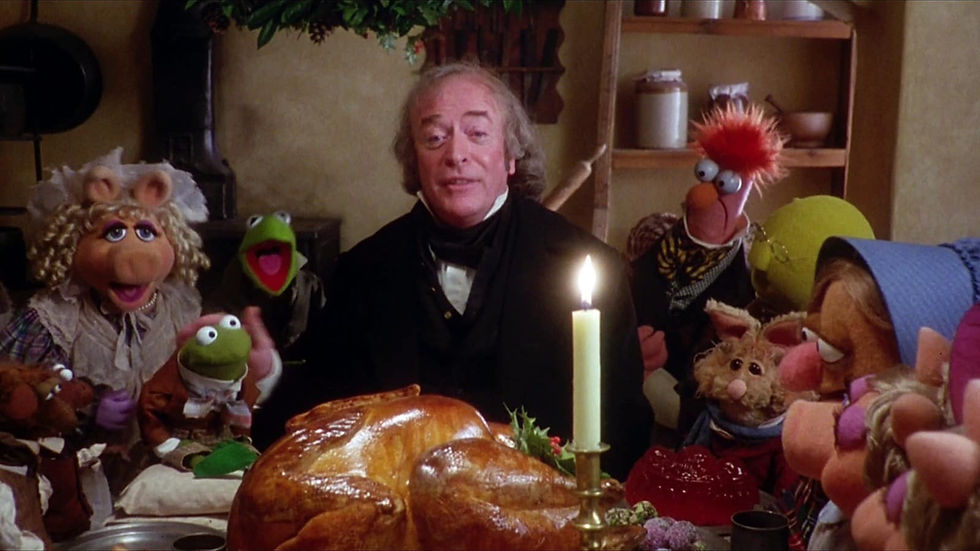Kenneth More
- Soames Inscker

- Mar 26, 2025
- 2 min read
Updated: Dec 16, 2025
The Quintessential British Actor
Kenneth More was one of Britain’s most beloved actors, known for his charming screen presence, effortless charisma, and portrayals of optimistic and courageous characters. Rising to fame in the 1950s, he became a defining figure in British cinema, starring in films that captured the resilience and spirit of post-war Britain.
Early Life and Career Beginnings
Kenneth Gilbert More was born on September 20, 1914, in Gerrards Cross, Buckinghamshire, England. His early life was marked by an interest in acting, but his career path was initially uncertain. After working in various jobs, including a stint as a civil engineer, he pursued acting and gained experience in repertory theatre during the 1930s. His stage performances laid the foundation for his transition to film.
Rise to Stardom
More’s breakthrough came in the early 1950s with his role in Genevieve (1953), a light hearted comedy about a vintage car rally. The film was a huge success and solidified More’s reputation as a leading man. His ability to portray affable and determined characters endeared him to audiences, making him one of Britain’s most popular actors.
Following this success, he starred in a string of hits, including Doctor in the House (1954), Reach for the Sky (1956), in which he portrayed war hero Douglas Bader, and A Night to Remember (1958), where he played Second Officer Charles Lightoller in a gripping retelling of the Titanic disaster. His performances in these films demonstrated his versatility, effortlessly balancing drama, adventure, and comedy.
Career Highlights and Later Years
Throughout the 1960s, More continued to work in film and television. He took on the role of Young Jolyon Forsyte in the acclaimed TV adaptation of The Forsyte Saga (1967), earning widespread praise. His later career saw him moving toward character roles, including a notable performance as the Ghost of Christmas Present in Scrooge (1970).
Despite changes in the film industry and the decline of his leading-man status, More remained a respected figure in British entertainment. His autobiography, More or Less (1978), offered insights into his life and career, reflecting his wit and self-deprecating humour.
Legacy
Kenneth More’s impact on British cinema is undeniable. His performances captured the spirit of post-war Britain, and his affable, heroic, and occasionally roguish characters remain beloved by audiences. He passed away on July 12, 1982, but his legacy as one of Britain’s greatest actors endures, with his films continuing to entertain new generations.




